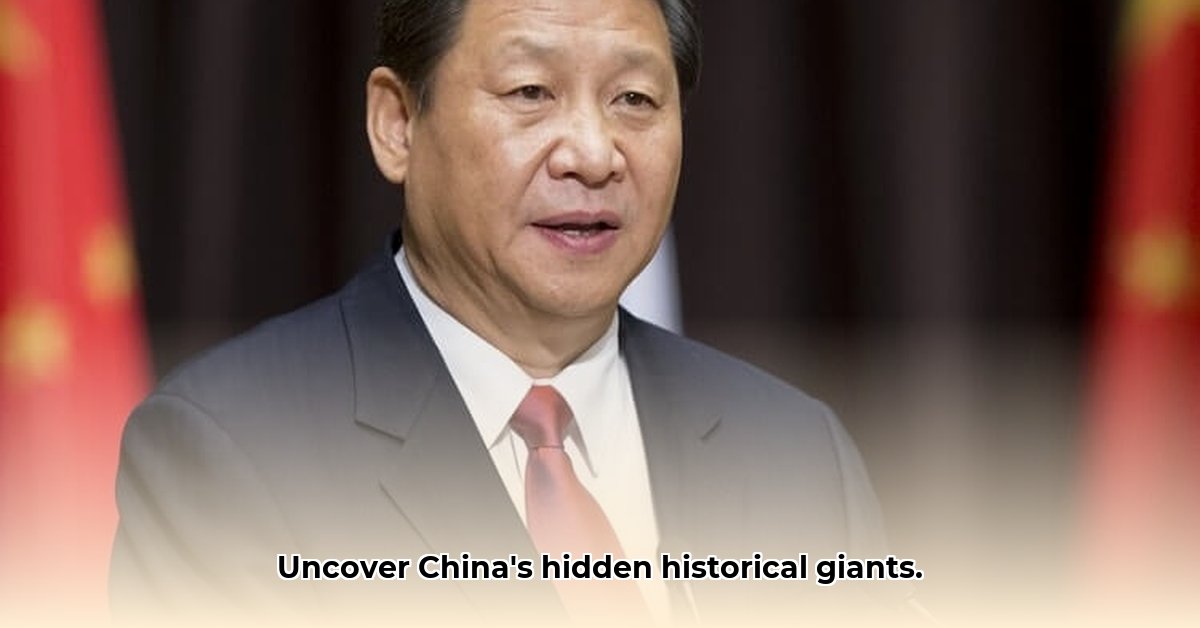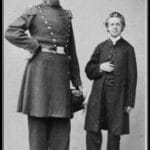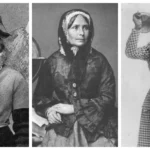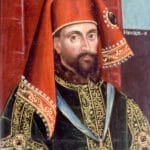This article explores the enduring legacies of influential Chinese figures, examining their accomplishments, controversies, and profound impact on China and the global landscape. From ancient philosophers to modern innovators, these individuals represent the rich tapestry of Chinese culture and its global influence. For further reading on Chinese history, check out this list of renowned Chinese historians.
Ancient Foundations: Philosophy and Power
Confucius (551-479 BCE): Confucius’s philosophy, emphasizing ethical behavior, social harmony, and filial piety, has profoundly shaped Chinese culture for millennia. His teachings, compiled in the Analects, became the cornerstone of Confucianism, influencing governance, education, and social interactions. While revered for promoting stability and moral values, Confucianism has also been criticized for its hierarchical structure and potential for authoritarian interpretations. This raises ongoing debates on its adaptability and relevance in modern society.
Qin Shi Huang (259-210 BCE): China’s first emperor, Qin Shi Huang, unified the warring states, standardized weights and measures, and oversaw the construction of monumental projects like the Great Wall and the Terracotta Army. However, his reign was characterized by brutal authoritarianism, including the suppression of dissenting voices and the infamous burning of books. This duality continues to fuel discussions about his legacy: was he a visionary unifier or a tyrannical despot? How do we balance his undeniable achievements against the human cost of his methods?
Revolution and Reform: Modernizing China
Mao Zedong (1893-1976): Mao Zedong, the founding father of the People’s Republic of China, led the communist revolution, fundamentally transforming Chinese society. His ideology, known as Maoism, aimed to create a classless society, but his policies, such as the Great Leap Forward and the Cultural Revolution, resulted in widespread famine, social upheaval, and political persecution. Mao’s legacy remains deeply controversial: was he a revolutionary hero who liberated China from oppression or a ruthless dictator responsible for immense suffering? Understanding this complex figure is crucial for comprehending modern China.
Deng Xiaoping (1904-1997): Following Mao’s era, Deng Xiaoping ushered in an era of economic reform, opening China to the world and implementing market-oriented policies. These reforms spurred unprecedented economic growth and lifted millions out of poverty, transforming China into a global economic powerhouse. However, this rapid development also led to widening income inequality, environmental degradation, and social challenges. Assessing Deng’s legacy requires examining both the remarkable economic progress and the complex consequences of his policies.
Exploration, Science, and Cultural Icons
Zheng He (1371-1433): Decades before European voyages of discovery, Admiral Zheng He led seven massive maritime expeditions across the Indian Ocean, reaching as far as Africa. These voyages showcased China’s naval power and facilitated trade and cultural exchange. The abrupt end to these expeditions remains a historical enigma, prompting speculation about the potential impact if they had continued. How might a sustained era of Chinese maritime dominance have shaped global history?
Yuan Longping (1930-2021): Yuan Longping, hailed as the “Father of Hybrid Rice,” revolutionized agriculture with his development of high-yield rice varieties. His groundbreaking work significantly increased rice production, contributing to food security and alleviating hunger for millions, particularly in developing nations. Yuan Longping’s dedication to scientific innovation and humanitarianism serves as an enduring inspiration for addressing global food challenges.
Bruce Lee (1940-1973): A martial arts master, actor, and philosopher, Bruce Lee transcended cultural boundaries, becoming a global icon. His innovative martial arts philosophy, Jeet Kune Do, emphasized practicality and adaptability. Lee’s films and teachings continue to inspire generations of martial artists and challenge conventional notions of fighting and self-expression. His impact on cinema and popular culture solidified his status as a legend.
A Continuing Legacy: China’s Global Impact
These figures, spanning centuries and diverse fields, highlight China’s enduring contributions to global history and culture. Their stories exemplify the complexities of leadership, innovation, and societal transformation. Studying their achievements and failures offers invaluable insights into the forces shaping China’s past, present, and future role in the world. Each individual prompts further exploration: How have their contributions shaped our interconnected world? What lessons can we draw from their triumphs and setbacks? And what will be the lasting impact of their legacies?
- Mastering Leader in Spanish: The Complete Guide - April 19, 2025
- Uncovering Surprising Parallels: England Size Compared to US States - April 19, 2025
- Old Mexico Map: Border Shifts 1821-1857 - April 19, 2025
















